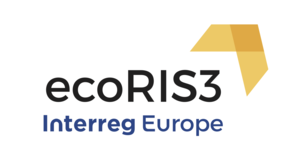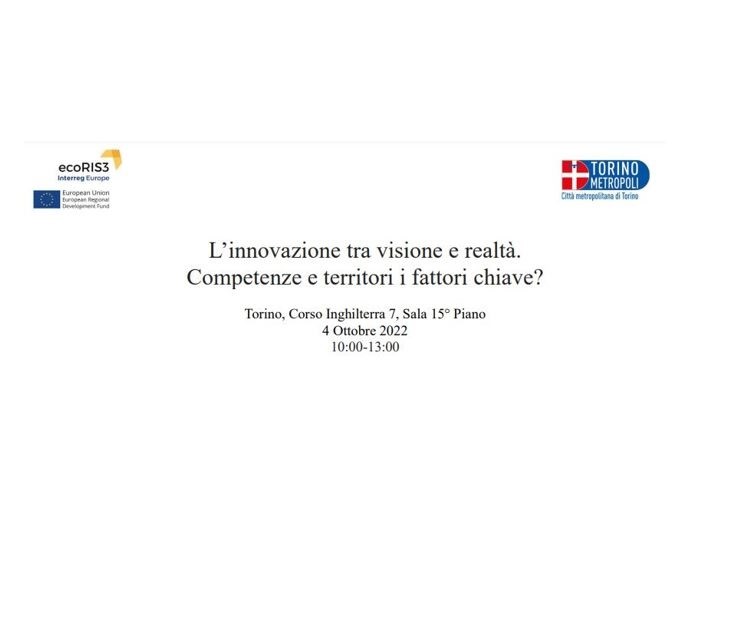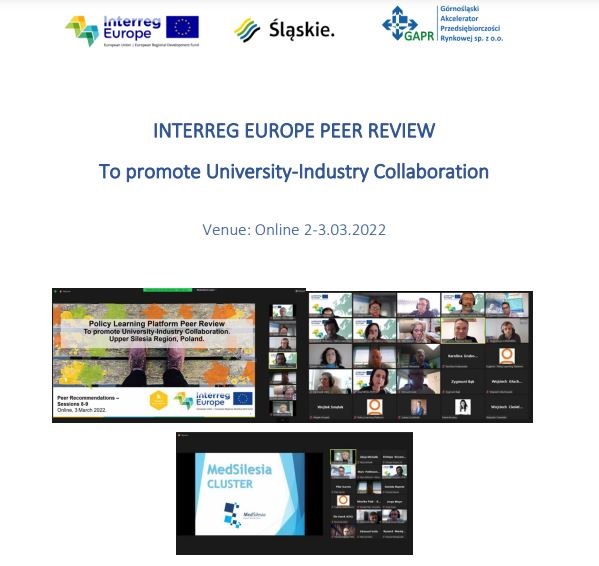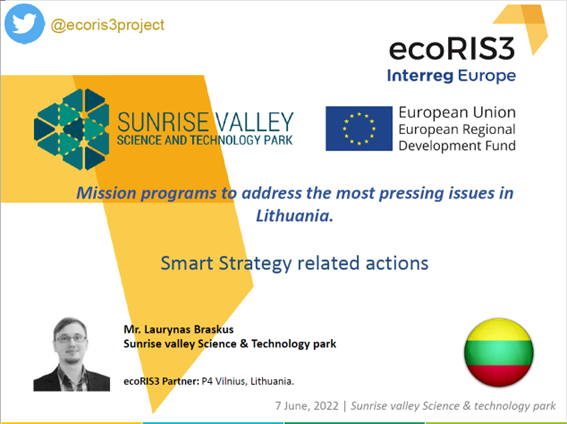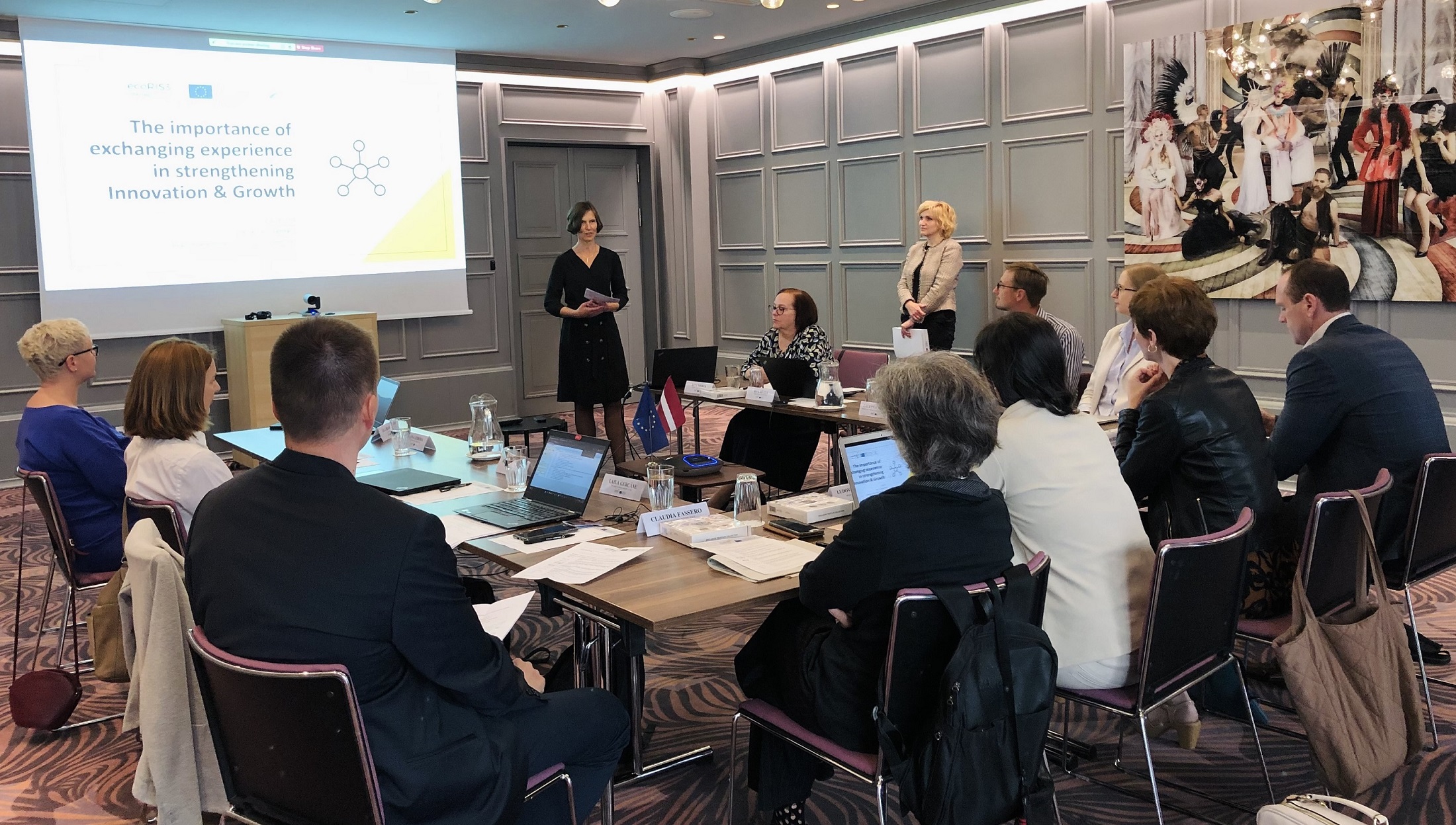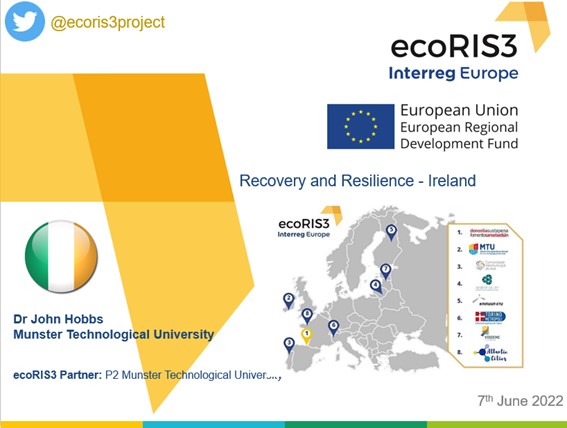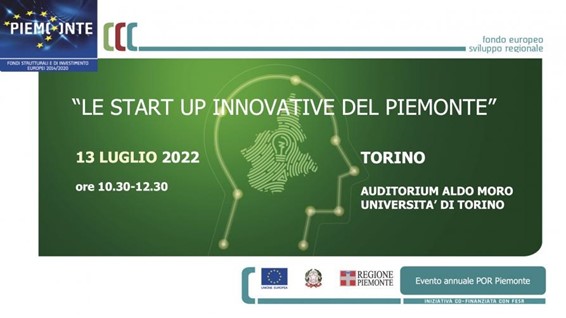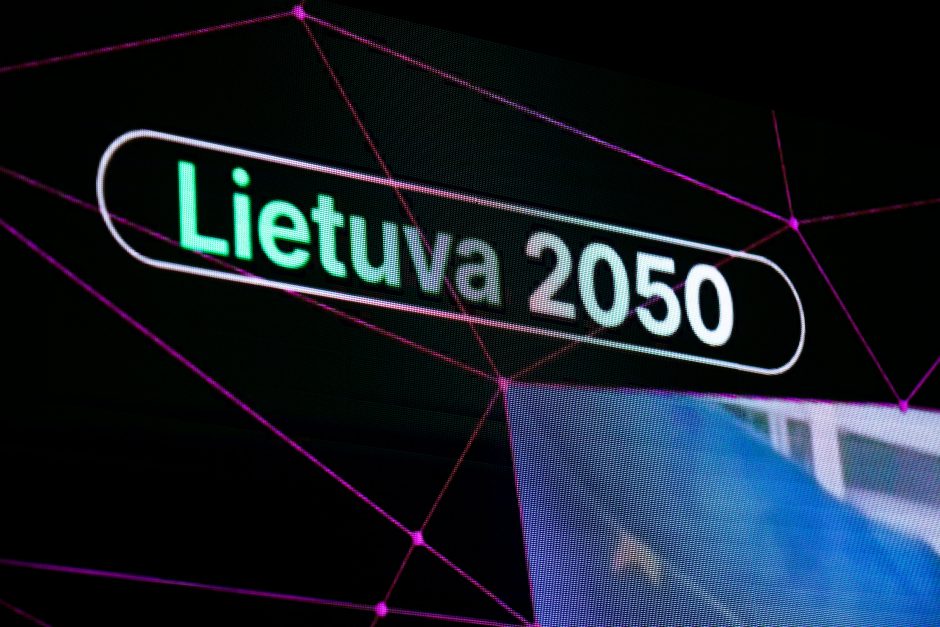Piemonte’s Regional Innovation Poles are coordination structures among the different actors of the innovation process in a specific sector: innovative start-ups, SMEs, big enterprises, research institutions. The poles give infrastructures and services with a high added value, to stimulate innovation activities through intensive interaction, common use of installations and knowledge and experience exchanges. The aim is to contribute effectively to technology transfer and diffusion of information among the different actors.
Since 2009 – during programming period 2007-2013 – 12 innovation poles were financed. In the latest years a revision of Poles was carried on and the fields of competences were rationalized, also according to the specialisation areas and paths of RIS3. The new Innovation Poles are now 7: Agriculture and food; Life sciences and health; Green Chemistry and new materials; Clean energies and technologies; Mechatronics and advanced production systems; Textile; Information and communication technologies.
The Innovation Poles have their strengths in the concentration of resources, limiting the dispersion of interventions and helping to build an innovation system, characterized by an effective transfer of knowledge, sharing and building mutual competitive advantages. Here are some interesting features:
- identification of technological domains and territorial areas of reference on the basis of strengths and weaknesses of the regional production system;
- focusing the measure on areas not characterized by the presence of a large company driving, but choosing to foster collaborative dynamics between businesses in the area;
- maximum freedom of choice on the legal form chosen for the establishment of the pole and the governance model chosen by the managing body;
- concentration of resources to co-finance projects and services related to research and innovation in favour of those aggregated to Innovation Poles rather than the co-financing of fund manager;
- the procedural model of evaluation, divided into several steps, which involve Piemonte Region offices, Finpiemonte (Region’s financial body) and pole managers themselves, called to verify the correspondence of the pole project agenda and development trajectories with the regional guidelines.
In the following paragraphs you can find some information and data about the results of some of the Innovation Poles in the programming period 2006-2014.
Polo ICT is the Innovation Pole related to information and communication technologies. Polo ICT’s mission is to foster the innovation development and the competitiveness increase of the enterprises, supporting them in the development of research projects with a high technological content and with a high potential impact on the local economic system.
In December 2016 it had 251 partners of which 229 enterprises; other partners are research institutes and other public and private institutions. The network is coordinated by Torino Wireless Foundation.
MESAP is the Innovation Pole for mechatronics and advanced production systems. It deals with smart products and advanced manufacturing and its specialisations are: systems for the development of production processes, micro and nano technologies, photonics, materials and structures production processes, man-machine interfaces, automation systems. The Pole has 252 members: 27 start ups, 141 small enterprises, 39 medium enterprises, 34 large companies (most of them international corporations), 2 universities and 9 public and private research centres. MESAP members have realized 40 collaborative research and development projects.
POLIGHT was the innovation pole for sustainable building and hydrogen technologies. It was managed by the Environment Park and its mission was to stimulate research, development and innovation in the sectors of biobuilding and hydrogen. More than 150 partners have joined POLIGHT: 6 universities and research institutions and about 147 enterprises. In programming period 2006-2014, this pole managed European and Regional funds for financing research and development project: 41 projects were financed, as well 12 feasibility studies. In the present programming period POLIGHT has been replaced by the new pole called CLEVER.
BIOPMED is the innovation pole for biotechnologies and medical technologies. It includes enterprises, research institutions, universities and foundation that work in the fields of human health and life sciences with the aim of promoting the interaction between research and industry, stimulating innovation and accompanying internationalization processes.
The main objective of BIOPMED is to constitute a life sciences cluster that is coherent, dynamic and competitive, able to interact with the health system and recognized at local, national and international level.
BIOPMED includes more than 70 members, it has signed more than 20 international strategic agreements and it has realized 50 research and development projects.
